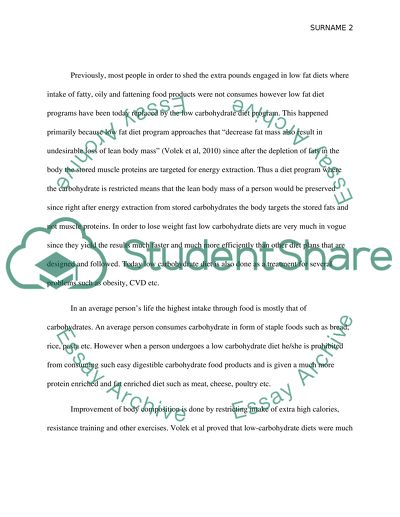Cite this document
(“Low carbohydrates diets lead to weight loss transformation, but leave Essay”, n.d.)
Retrieved from https://studentshare.org/miscellaneous/1631342-low-carbohydrates-diets-lead-to-weight-loss-transformation-but-leave-lasting-harms-of-mental-illness-and-depression
Retrieved from https://studentshare.org/miscellaneous/1631342-low-carbohydrates-diets-lead-to-weight-loss-transformation-but-leave-lasting-harms-of-mental-illness-and-depression
(Low Carbohydrates Diets Lead to Weight Loss Transformation, But Leave Essay)
https://studentshare.org/miscellaneous/1631342-low-carbohydrates-diets-lead-to-weight-loss-transformation-but-leave-lasting-harms-of-mental-illness-and-depression.
https://studentshare.org/miscellaneous/1631342-low-carbohydrates-diets-lead-to-weight-loss-transformation-but-leave-lasting-harms-of-mental-illness-and-depression.
“Low Carbohydrates Diets Lead to Weight Loss Transformation, But Leave Essay”, n.d. https://studentshare.org/miscellaneous/1631342-low-carbohydrates-diets-lead-to-weight-loss-transformation-but-leave-lasting-harms-of-mental-illness-and-depression.


